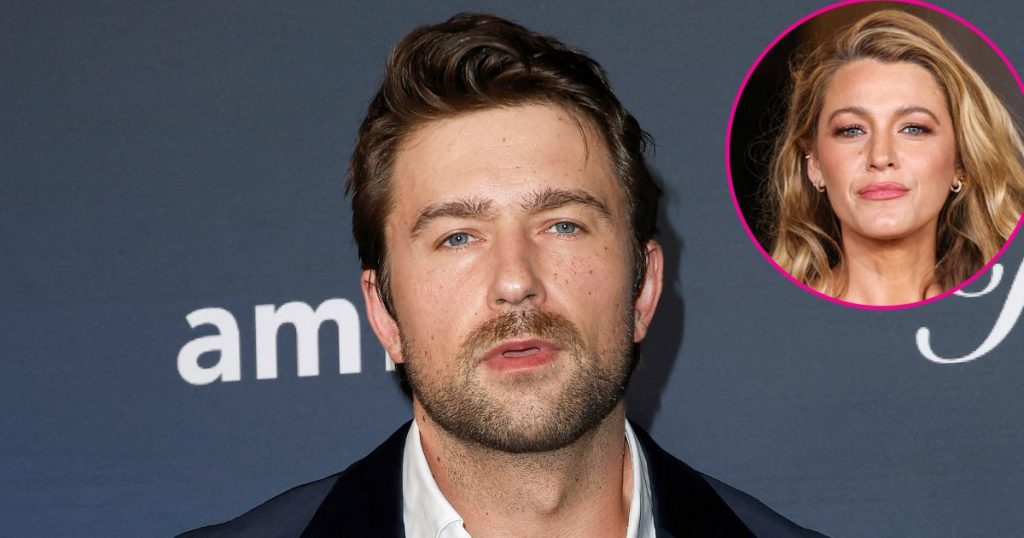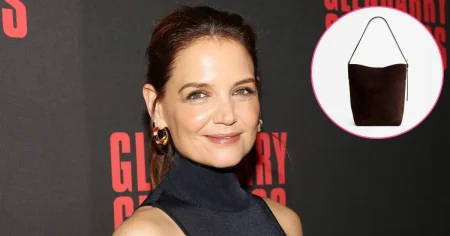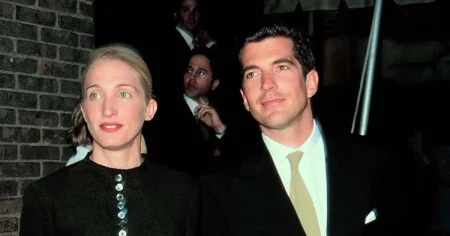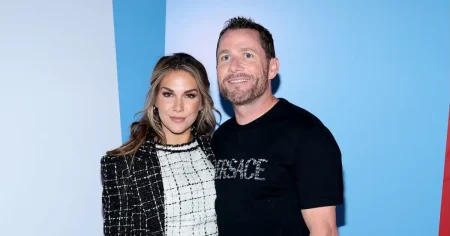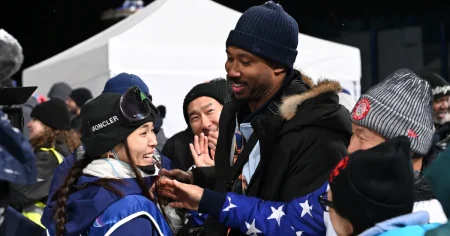The aftermath of the film adaptation of Colleen Hoover’s “It Ends With Us” has been marked by controversy and legal battles, overshadowing the movie’s exploration of domestic violence themes. Actor Brandon Sklenar, who played Atlas in the film, recently opted for festive cheer amidst the escalating drama, attending a holiday gathering with friends including Miles and Keleigh Teller and Chace Crawford. This seemingly lighthearted celebration occurred as headlines erupted with news of Blake Lively’s lawsuit against her co-star and director, Justin Baldoni. Lively’s legal action alleges sexual harassment and emotional distress caused by Baldoni during the film’s production.
The seeds of discord were sown during the filming of “It Ends With Us,” with reports of a fractured set divided between Lively and Baldoni. Insiders revealed a strained relationship between the two, marked by limited interaction during press events and a general air of tension. This on-set friction reportedly stemmed from creative differences and escalated into a complete communication breakdown. Simultaneously, Lively faced public criticism for her handling of the movie’s sensitive subject matter, specifically her perceived downplaying of the domestic violence plot during promotional interviews. While she later shared resources for domestic violence survivors, the initial backlash contributed to the overall negativity surrounding the film’s release.
Sklenar, caught in the crossfire of the escalating conflict, previously defended Lively against online criticism, emphasizing the cast’s commitment to portraying the story responsibly. He highlighted the film’s message of hope and empowerment for women escaping abusive relationships, urging viewers to focus on the intended meaning rather than behind-the-scenes drama. He expressed disappointment at the negativity directed towards the cast, especially the women, who he felt were being unfairly targeted. Sklenar maintained that everyone involved understood the gravity of the subject matter and worked with good intentions.
The simmering tension between Lively and Baldoni reignited months after the film’s release, culminating in Lively’s lawsuit. Her complaint detailed a series of alleged incidents contributing to a hostile work environment, including inappropriate displays of sexual content, unwanted comments about her physical appearance, and intrusive discussions about personal matters. Lively also alleged that Baldoni orchestrated a smear campaign to damage her reputation in retaliation for her complaints. Baldoni’s lawyer vehemently denied the accusations, characterizing them as fabricated and motivated by Lively’s desire to repair her public image.
The lawsuit outlines Lively’s attempts to address the uncomfortable atmosphere on set. She reportedly requested a meeting to discuss her concerns and establish boundaries regarding inappropriate behavior. These requests included ceasing the display of nude content, refraining from discussions of sexual conquests or personal matters, and respecting her physical and emotional boundaries. Despite these efforts, Lively claims the harassment continued, escalating to the point of emotional distress and reputational damage.
The fallout from Lively’s lawsuit has been swift and significant. Baldoni was reportedly dropped by his agency, WME, following the news, while Lively received public support from Colleen Hoover, the author of the original novel. Hoover praised Lively’s honesty and kindness, reinforcing the actress’s claims of facing retaliatory tactics. Lively herself issued a statement emphasizing her commitment to speaking out against misconduct and protecting others from similar experiences. As the legal proceedings unfold, the controversy surrounding “It Ends With Us” continues to overshadow the film’s intended message and raise questions about accountability and power dynamics in Hollywood. Sklenar, meanwhile, has remained silent on the latest developments, choosing to focus on holiday festivities amidst the ongoing drama.





